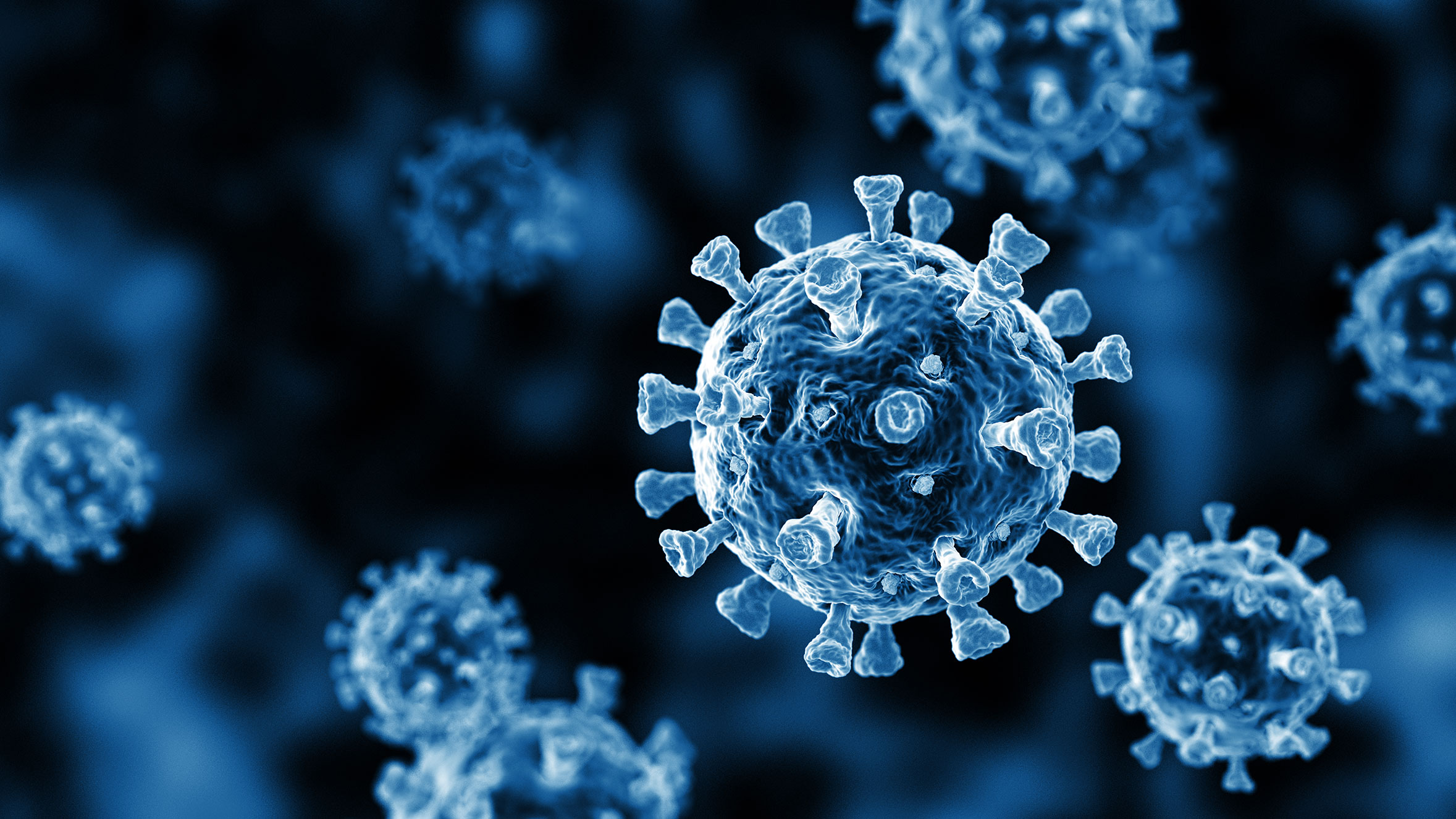COVID-19 VACCINE : EVERYTHING YOU NEED TO KNOW
Well coronaviruses are a large family of viruses, they have the largest RNA genome. And RNA unlike DNA is less stable and there's a lot of changes that occur quite easily which makes it very easy for these viruses to adapt and to modify, to change their behaviour. And what we have as an example of this epidemic is a virus that has come from bats, possibly been amplified in markets in China. The current evidence is that it took residence in pangolins for a short period of time and then of course adapted in such a way that easily made the jump to humans.
And it's because this virus is so particularly adept at being transmissible before it is causing disease symptoms, that we have now a global pandemic. This is not another flu virus. We don't have any historical immunity in the human population so this virus is just galloping through populations around the globe like there's no tomorrow. There's no resistance and it's affecting people of all walks of life. The difference between flu is of course we have natural herd immunity. We understand it, it's known to us, we have vaccines for it. And of course we're trying to make vaccines against pandemic flu.
The reason we got involved in this vaccine race is because the Gates Foundation and Innovate UK have asked us to use our new technology to try to build a pandemic flu vaccine. A vaccine that's going to protect us from all the potential variants out there and that are likely to spill over from animals. So vaccines are the best known preventative measures in the medical toolbox. Historically they've been used to eradicate important pathogens such as smallpox.
We're pushing back on things like polio and we can eradicate measles if we can get vaccines to everybody who really needs one. So these are really really powerful tools against epidemics and they protect us all the time from a great number of pathogens. What's different about our approach is that we use now genomics, the next generation sequence data that's coming out of epidemics from all around the world now and we're able to computationally put these together to look at the sequences and then to design vaccines that are going to have features that are going to protect us from all those different variant viruses that are circulating amongst us. That's a really tough question. That's a million dollar question and it's gonna be at least a year to 18 months before there is a vaccine where there's sufficient doses to vaccinate the most susceptible. And I think understanding that's really, really important and that whole process of getting from discovery which is where we are now, to a safe vaccine where there's really no side effects is going to be a year or two - no questions.
I predict, looking at the rapid spread of this and really how fast it's gone throughout all countries in all corners of the globe, we are going to still need a vaccine in 18 months or even a year or two from now. This problem is not going to go away. We're trying to understand about viral persistence, understand the asymptomatic carrier state and indeed getting herd immunity, which is what people talk about, is not going to happen in the next month or two, that is going to take a very long time. Now the other point to remember is we had another coronavirus outbreak very related to this called SARS - we call it SARS1. This is the cousin of SARS and it's come from the same host, which is bats. Particular species of bats in China carry a whole family of different types of coronaviruses which use receptors that we have in our airways. And so it's just a matter of time before the next outbreak would come and we would be naive to think, okay this has gone away too, let's forget it.
The point is that we're able to apply the same technology that we're using for a pandemic flu vaccine to the coronavirus problem. Yes there is reason for optimism against this pandemic. We have new technologies, we have new ways to make vaccines as I just described, we have approaches to get them around the world and most importantly, every country now has got their shoulders behind this problem. As far as we know, control measures are being implemented to varying degrees and I think with current knowledge and our ability we will overcome this. But it is going have a profound effect on our way of life and certainly on our economy. There's no doubt about that.



Comments
Post a Comment